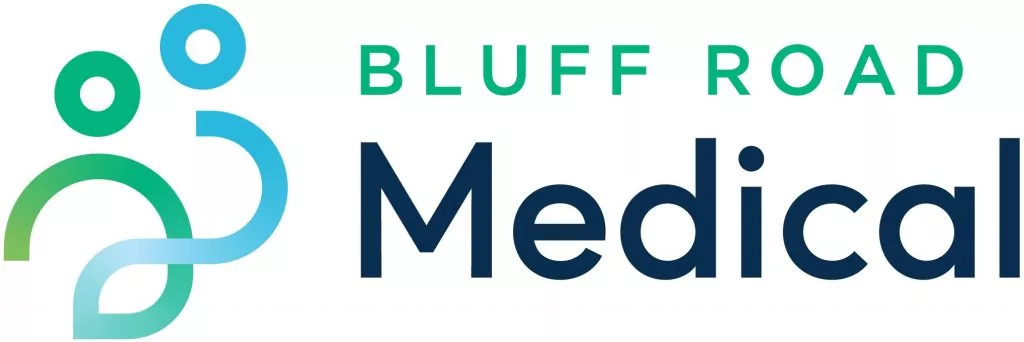Children’s Speech Therapy
For many parents, hearing their child’s first words can be a delight. Children typically begin to say their first words around their first birthday, but the precursors to that begin much earlier as children babble and imitate the sounds and words they hear.
For some parents the absence of first words, or delayed speech brings concern and distress. They may worry about their child’s hearing, wonder why they are not copying speech as their peers do, and at the extreme, they may become concerned about the possibility of developmental delays or Autism Spectrum Disorder.
On other occasions, a child’s speech and language might be developing well, but apparently out of the blue, their child may begin to stutter. This too can cause distress in parents, who will often recall teasing directed at a child who stuttered during their school years. And because stuttering can be more likely when a parent themselves has stuttered, or stutters, observing their own child beginning to stutter may evoke particularly high anxiety.
Signs your child may need to see a speech pathologist
It’s best to seek professional advice if you notice any of the following:
- Your 2-year-old child is saying only single words or sounds or is mostly babbling
- Your 3-year-old child is only saying 2-word combinations e.g. “car blue”, “dog woof”, or her speech is not understandable to other adults most of the time
- Your 4-year-old child’s speech contains many sound errors and/or is unclear or has many grammatical errors e.g. “him cutted” or “them boy”
- Your child lacks nonverbal communication, such as eye contact, facial expressions, turn taking and other socially engaging behaviours
- Your child of any age seems to understand less than her peers or has trouble following directions
- Your child’s speech at any age contains long pauses, sounds or words being repeated or sounds being stretched out
- Your child tells you his words are getting stuck, or is frustrated/ distressed when trying to speak
- Your child appears to be frustrated when trying to communicate with you and cannot explain what she wants to express
- You have any other concerns or questions about your child’s communication.
Next steps if you have concerns
Speech therapy for communication problems is most effective during the preschool years, and can prevent negative consequences such as teasing, reduced educational engagement, literacy, social and psychological problems. Speech Pathologists are the professionals best able to assess your child to determine if there is a problem.
In some cases, children may only need monitoring for development of their communication skills. In other instances, a more proactive approach is helpful and therapy is recommended.
Often the starting point will be to arrange for assessment of a child’s hearing, if this has not recently occurred. The good news is children usually love going to speech therapy, and parent distress and anxiety can be greatly reduced by doing something active to help child development.
You can find more details about treatment for childhood stuttering here.
We’re here to help
If you are concerned about your child’s speech, language, or fluency, discuss this with your maternal and child nurse, family doctor, or a speech pathologist. No referral is needed, but in some cases a rebate is provided by your private health insurer or if the referral is via your doctor.
Our Speech Pathology service now operates from Bluff Road Medical Centre. For any enquiries, please contact Dr Kylie Smith from Brenda Carey Speech Pathology. Dr Kylie has been a part of the Brenda Carey Speech Pathology team, a highly respected speech therapy centre in Malvern East, for many years, and we are delighted to have their satellite clinic as part of the Bluff Road allied health team.
For queries, contact our receptionist on 9571 5843 or brendacareyreception@gmail.com.
